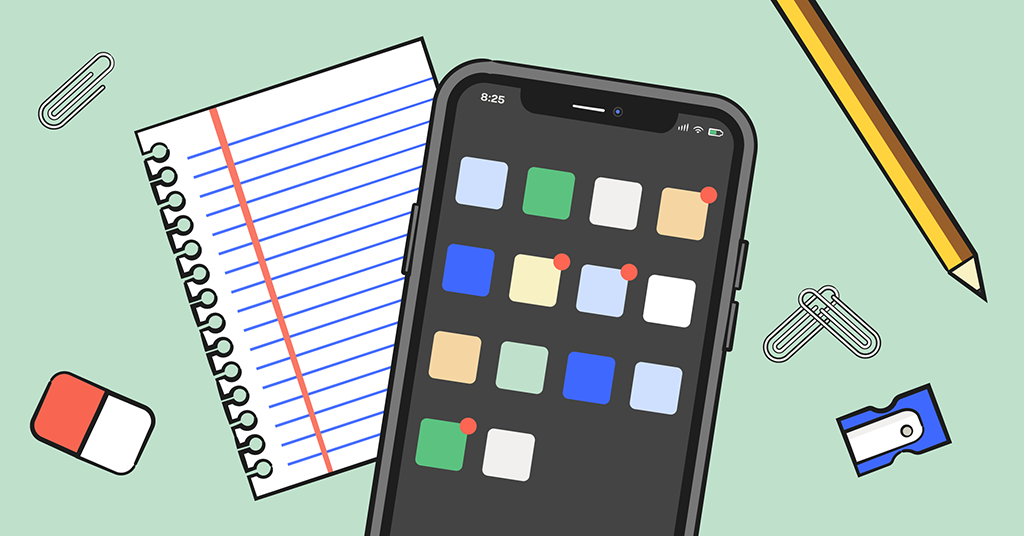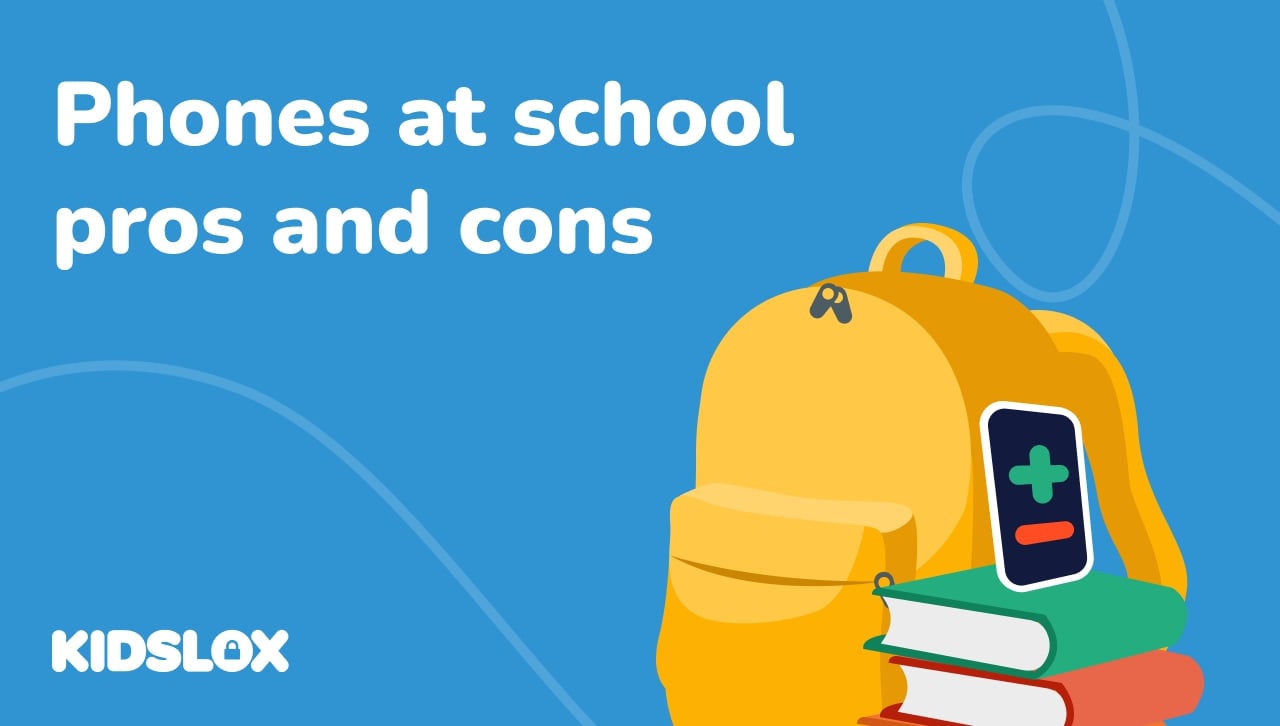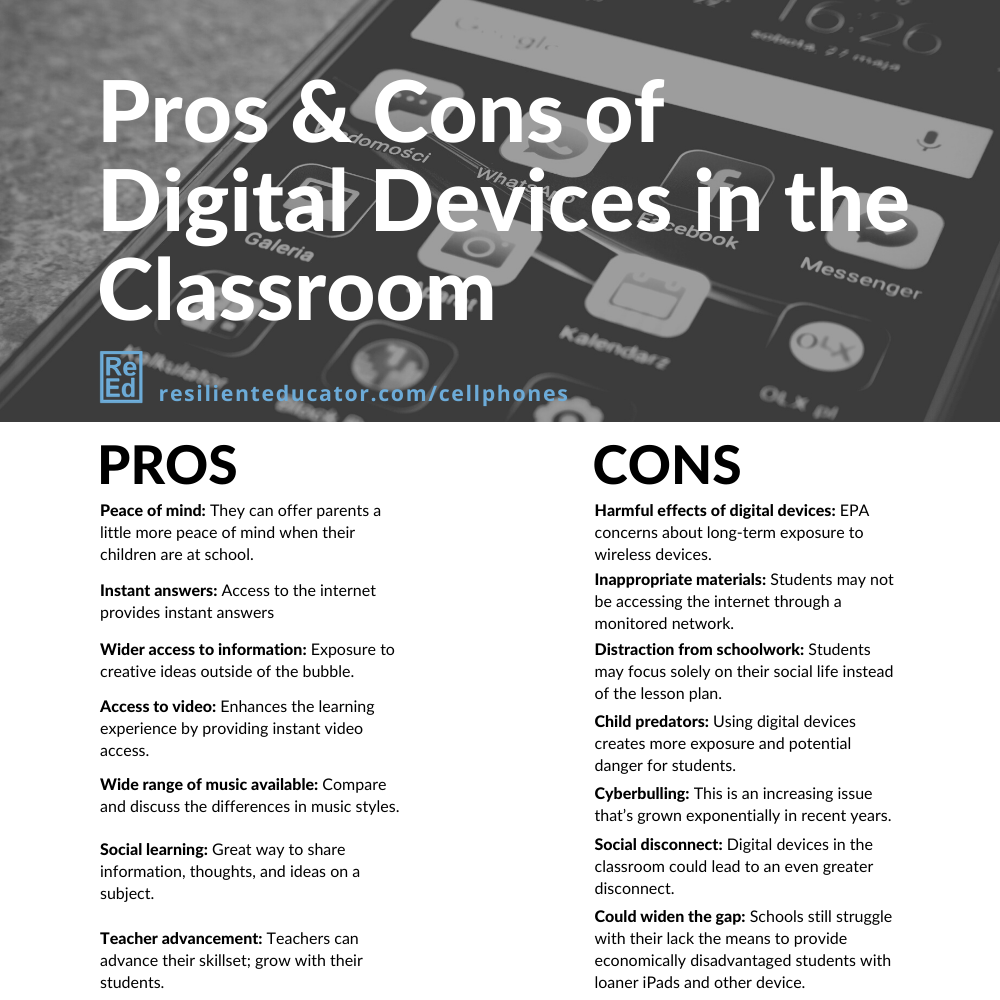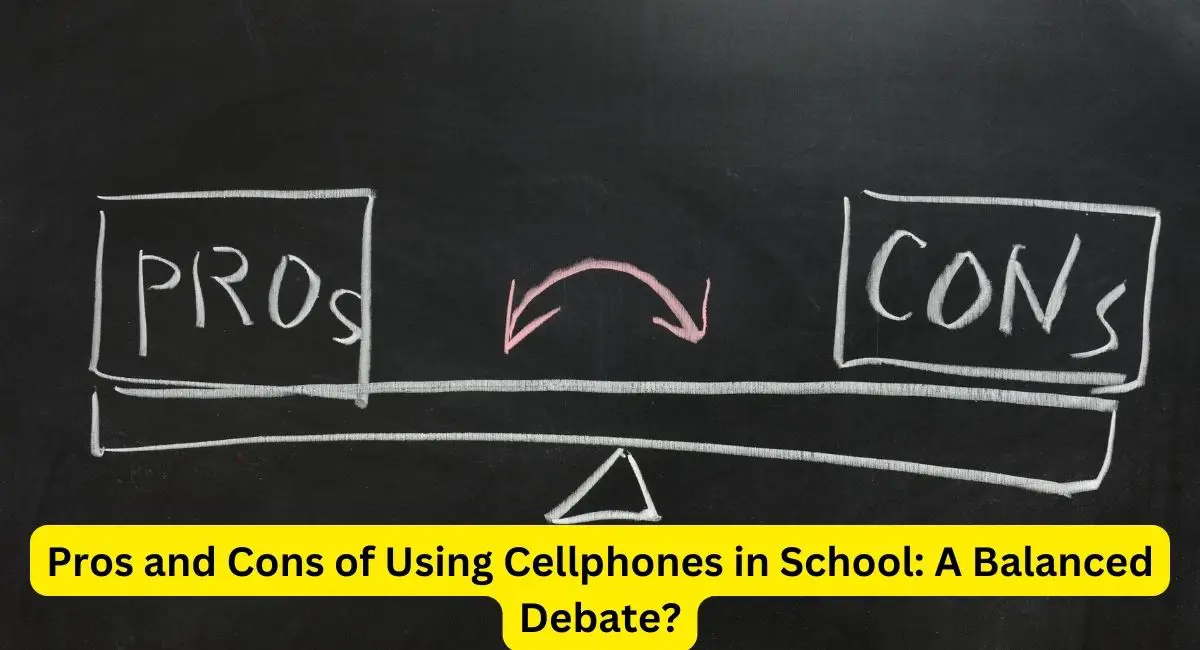Pros of using cellphones in school include enhanced learning opportunities and instant communication. Cons involve distractions and potential for academic dishonesty.
Cellphones in the educational environment have sparked much debate. On the positive side, they offer students quick access to information, educational apps, and a means to collaborate on school projects. Schools that embrace technology find cellphones a valuable asset in enriching their curriculum.
On the downside, these devices can be a significant source of distraction, not only for the owner but for peers as well. The temptation for students to text, play games, or browse social media during class is high, risking a decrease in academic performance. Educators and parents wrestle with establishing effective strategies to harness the positives of cellphone usage while minimizing the downsides. Consequently, crafting policies that balance the need for technology with academic integrity and focus becomes crucial in the modern classroom.

Credit: www.bark.us
Introduction To The Cellphone Debate In Schools
The rise of technology has changed how we learn. Smartphones are now common in classrooms. Students and teachers can access information quickly with these devices. Yet, this new tool in education brings both excitement and concern. Some praise the instant access to knowledge and educational apps. Others worry about distractions and potential for cheating. We must consider the impact of cellphones on learning. This change in our schools is significant. It affects how students interact with technology. It also shapes teachers’ approaches to instruction. It’s important to understand all sides of this debate. We look at what it means to bring cellphones into the classroom. We think about how they can both help and hinder learning. With thoughtful use, cellphones could be powerful educational tools. But without rules, they may cause more harm than good.

Credit: kidslox.com
Benefits Of Cellphone Use In Educational Settings
Cellphones in school open doors to learning through educational apps. These apps can make complex topics simpler. Kids can learn at their own pace, pausing and replaying lessons whenever needed. This flexibility is a key benefit.
Students get instant information that can answer questions within seconds. This quick access supports curiosity and research skills. School projects and homework become easier with a wealth of knowledge at their fingertips.
Communication is crucial, and cellphones bridge the gap between teachers and pupils. They allow for quick messaging and sharing of information. Emergencies or important updates can be communicated efficiently.
Special needs students gain huge advantages as well. Tailored apps and features on cellphones aid in their education. This technology can make learning more inclusive and accessible for all.
Potential Drawbacks Of Cellphones In Classrooms
Cellphones in classrooms can lead to significant distractions. Students might focus more on social media and games than lessons. Many young minds find it hard to resist the temptation to check notifications. This can hurt their ability to stay on task.
Cheating becomes a concern with cellphones at hand. Easy access to the internet means quick answers during tests without learning. This undermines fair play and the true purpose of education. Educators must be vigilant to prevent such acts.
Cyberbullying is another serious issue linked to cellphone use. Harmful messages can spread fast, hurting students. Schools grappling with this face challenges to student safety and morale. The anonymity online makes it very difficult to trace and stop bullies.
Student mental health can suffer as well. Constant connectivity can lead to anxiety and stress. Managing this impact is crucial for their wellbeing. Teachers and parents need to collaborate to set healthy limits and monitor cellphone use.

Credit: resilienteducator.com
The Social Dynamic: Cellphones As Status Symbols
Cellphones often show how rich someone is in school. Kids might feel sad if their phone isn’t the newest. Some kids might tease them. This can make school hard for kids without fancy phones.
Teachers sometimes get mad when phones cause trouble. There might be rules against phones. Kids can get in trouble for breaking these rules. This can lead to more problems in school. Teachers spend time on cellphone problems instead of teaching.
Navigating The Middle Ground: Policies And Compromises
School-wide policies on cellphone use often walk a fine line. Both students and educators seek balance. Clear rules are essential.
Parents play a critical role in guiding their children’s use. They must ensure phones support learning not distract. The responsibility is shared.
| Innovative Approaches | Potential Benefits |
|---|---|
| Educational apps | Interactive learning |
| Research projects | Information at fingertips |
| Group chats for collaboration | Real-time discussion |
The Future Of Cellphones In Education
Cellphones in schools are shaping education‘s future. New trends emerge often. These trends blend learning with technology.
Tech helps kids learn digital skills. Skills vital for their future. School policies on cellphones adapt over time. They aim to balance learning and distraction management.
- Educational apps turn phones into learning tools.
- Students learn to research and organize with phones.
- Parent-teacher communication improves through apps.
Frequently Asked Questions Of Pros And Cons Of Using Cellphones In School
What Are The Pros And Cons Of Using Cell Phones For Students?
Pros of cell phones for students include instant communication, access to educational apps, and emergency contact capability. Cons involve distraction potential, cyberbullying risks, and reduced face-to-face interaction.
What Are The 3 Reasons Why Cell Phone Should Be Used In School?
Cell phones support learning with educational apps. They enable quick access to information and resources. Phones facilitate instant communication for safety and coordination.
What Are The Pros And Cons Of Mobile Phones?
Pros of mobile phones include enhanced communication, access to information, and convenient navigation. Cons involve potential distractions, privacy concerns, and the risk of addiction.
Why Students Should Not Use Cellphones In Class?
Cellphones in class distract students, reduce learning focus, and impede classroom engagement. Their usage undermines academic performance and facilitates cheating during exams. A device-free environment enhances student participation and comprehension.
Conclusion
Navigating the landscape of cellphones at school has its challenges. Balancing educational benefits with potential distractions is key. Schools and students can find a middle ground, where technology enhances learning without compromising focus or privacy. As we adapt to a digital age, finding that balance is crucial for educational success.

